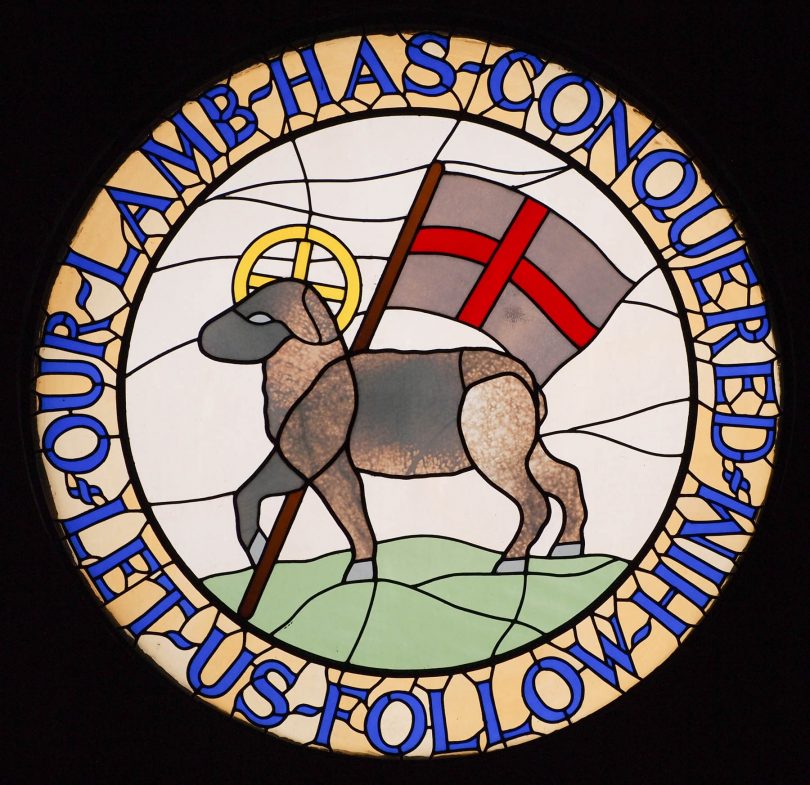Fourth Sunday after the Epiphany
A widow in Zarephath. A Syrian general. What do they have in common? They are outsiders, foreigners, enemies in the eyes of the people of Israel. And yet, they both need God’s mercy. In a time of famine, the poor woman needed food. In a time of military incursions, the enemy commander with leprosy needed healing.
“Remember them?” Jesus asks his listeners in the Nazareth synagogue. God saw their need and had mercy on them. God provided food and healing, even when food was scarce and healing rare in the land of Israel.
Is it good news that God’s mercy is not limited to those of our own tribe? Jesus’ listeners in the Nazareth synagogue aren’t so sure. As glorious as it is to think that the liberation, healing, and hope Jesus offers is for them, the thought that God’s mercy is also for the “other” enrages them.
Like a mob, they try to silence Jesus and his provocative thoughts. They jump to their feet, drive him from town, and attempt to hurl him from a cliff. Miraculously, Jesus passes safely through the crowd.
He lives on to speak and embody God’s liberation for another day. He lives on to bring good news to the poor, release to the captives, and recovery of sight to the blind. He lives on to let the oppressed go free (Luke 4:18).
An immigrant seeking refuge. A person whose politics we find reprehensible. A newcomer speaking an unknown language. A stranger, whose habits, looks, and foods make our noses curl. What do they all have in common?
Jesus insists they too need God’s mercy.
Do we, like Jesus’ listeners, see ourselves as the offended insiders, gatekeepers for God’s mercy? Does Jesus still live on today in our willingness to let God’s mercy for all kinds of people flow through our hands, our hearts, our actions?
Lynnette Delbridge, pastoral staff, Central Moravian Church
Bethlehem, Pennsylvania The Moravian Church

